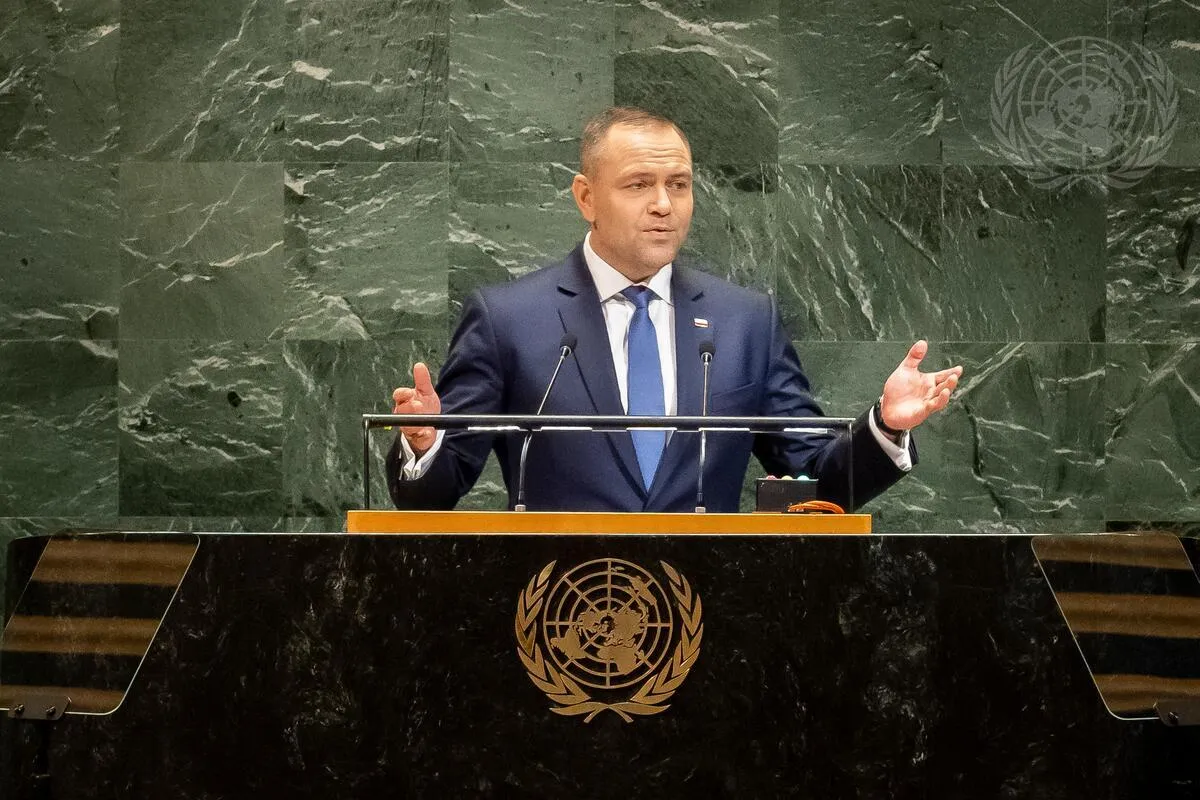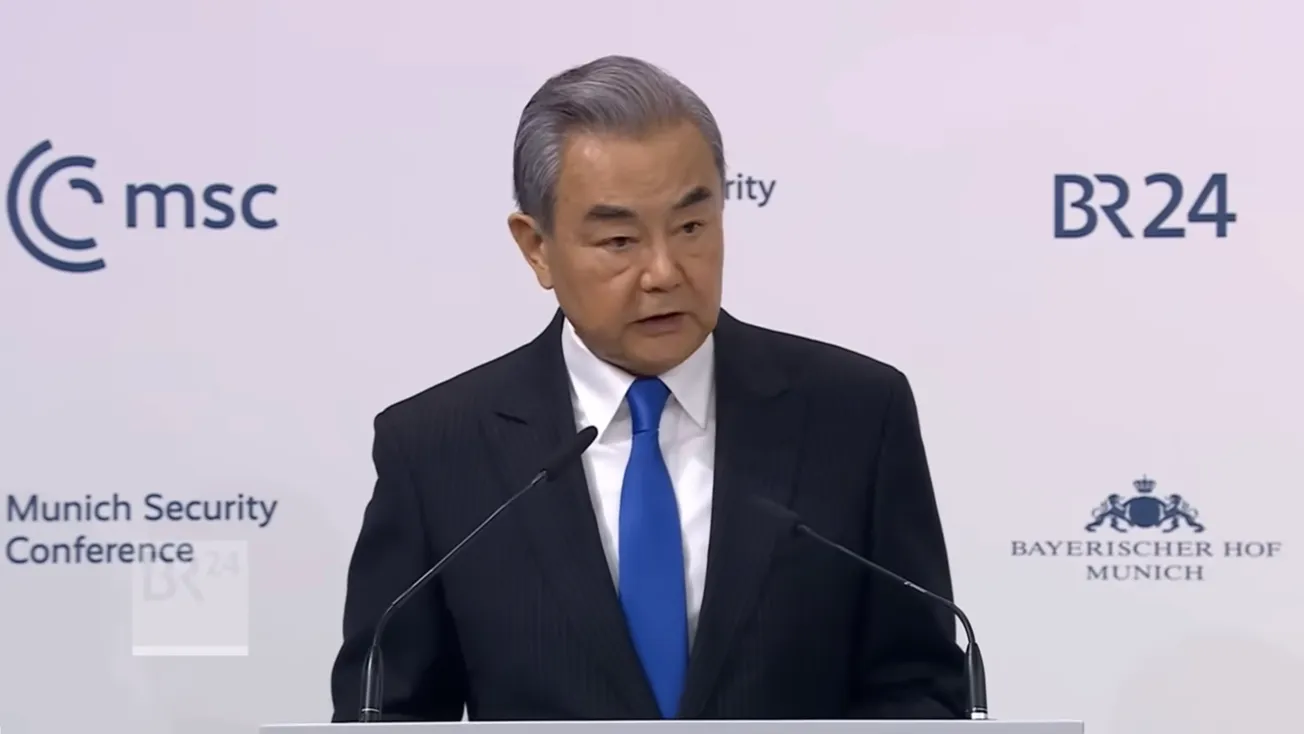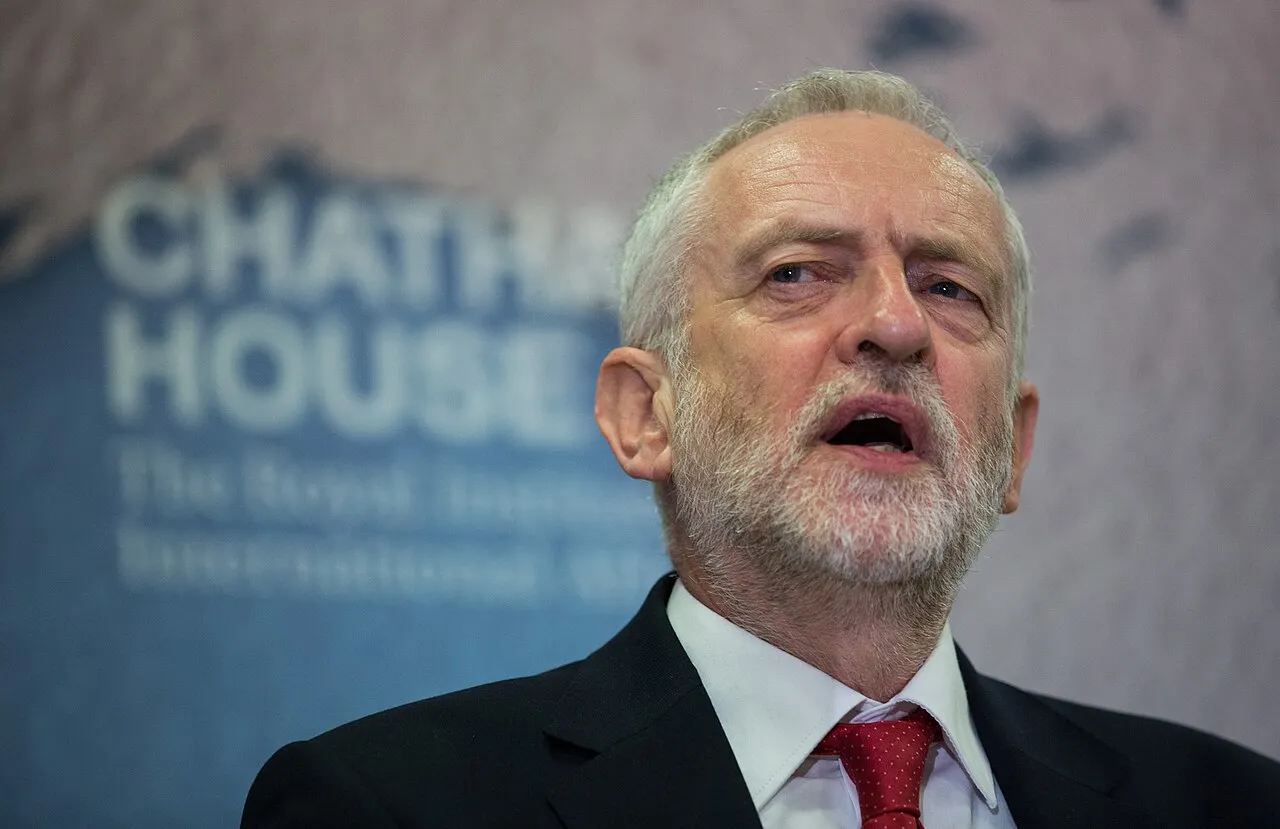Yesterday, Russia called for a UN Security Council emergency session, to address the artillery attacks against the six Zaporozhye nuclear reactors. In TASS yesterday, Mikhail Ulyanov, Russia’s Permanent Representative to International Organizations in Vienna, addressed the need for the IAEA to inspect the facility, an inspection frustrated by the Kiev regime for months now. “In order for the visit to the Zaporozhye NPP to happen, proper ability to cooperate is needed on the Ukrainian part. Kiev should not create artificial obstacles and difficulties for the agency in organizing such a visit.” In particular, Kiev has refused to give the IAEA even the paper assurance of security for their visit. One inspection in June was canceled for this reason. Ulyanov optimistically stated: “We are hoping that there will be no such obstacles anymore but, naturally, the Ukrainian side should ensure and guarantee the absence of threats to lives and safety of international officials who will go to the NPP.” He hoped that the UN Security Council would go beyond their previous acceptance of Kiev’s stalling.
At this morning’s news briefing, the Russian Foreign Ministry’s deputy spokesperson, Ivan Nechaev, addressed the larger picture. As reported by RT, he stated: “In recent days, Ukrainian forces have been repeatedly shelling the territory of the Zaporozhye NPP, which is an act of nuclear terrorism. Such actions by the Kiev regime could lead to a disaster on a scale that would dwarf the accident at the Chernobyl nuclear power plant.” (It is not an attack against the nuclear plant itself, as attacks upon, e.g., the electrical supply to the cooling system, or upon other safety features.) According to the diplomat, should such a disaster occur, radiation would hit not only nearby regions in Ukraine, Russia, the Donetsk and Lugansk People’s Republics, but also European countries, putting millions of lives at risk.
Sergei Glazyev was more blunt. He stated that Zelensky, at the direction of Washington, is blackmailing the Russian leadership by shelling the Zaporozhye nuclear power plant. The essence of blackmail was expressed by the G7 foreign ministers, who demanded that Russia return this nuclear power plant to Nazi control. In fact, this is nuclear terrorism on the part of the United States and its satellites. The essence of this blackmail is: either you hand over Energodar [the town of the nuclear complex] to the puppet regime, or it blows up a nuclear power plant with catastrophic environmental consequences for South-Eastern Europe, including Ukraine. What is this if not nuclear terrorism? And, judging by the real shelling of the Zaporizhzhya NPP from American guns controlled by the Pentagon, this terrorism is moving into the category of crimes against humanity. This is how it should be said at the UN Security Council.
The issue is that, early in Russia’s military operation in Ukraine, they apparently had concerns that the Kiev regime were intent upon a nuclear “dirty bomb.” (That is a conventional bomb, but with radioactive material that would be widely dispersed with the explosion.) In early March, they had seized control of Zaporozhye, the largest nuclear energy facility in Europe; while they kept the Ukrainian staff employed running the facility, producing significant amounts of energy for Ukraine homes and businesses. There was at the time, on March 4, a suspicious confrontation at an adjacent facility, described as a training facility. There are reports that Ukrainian special forces were trying to destroy some records. Regardless, Russia has simply kept the electricity flowing to the Ukrainians the whole time.
Early reports indicate that, at today’s emergency session, Moscow blamed the UN for the delays in an inspection team, saying that they had been catering to Kiev by allowing it to continue its “provocations.” The UN could delay no longer. Evidently, UN Secretary-General Antonio Guterres called on “the parties to provide the IAEA mission with immediate, secure and unfettered access to the site.” Otherwise, he added: “I urge the parties to withdraw any military personnel and equipment from the plant and refrain from any further deployment of forces or equipment to the site. Instead, urgent agreement is needed at a technical level on a safe perimeter of demilitarization to ensure the safety of the area.”






